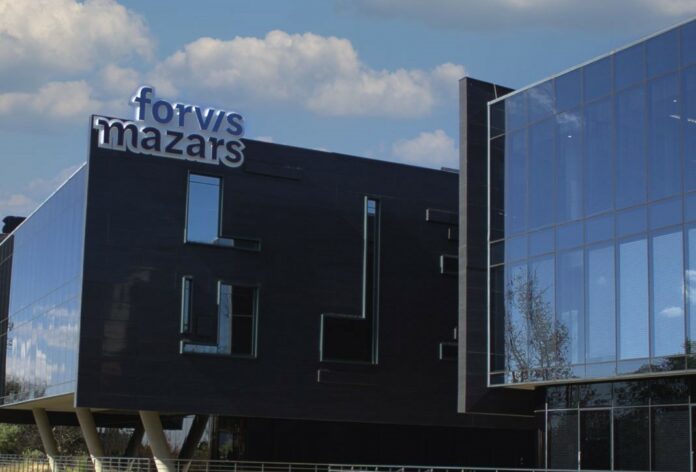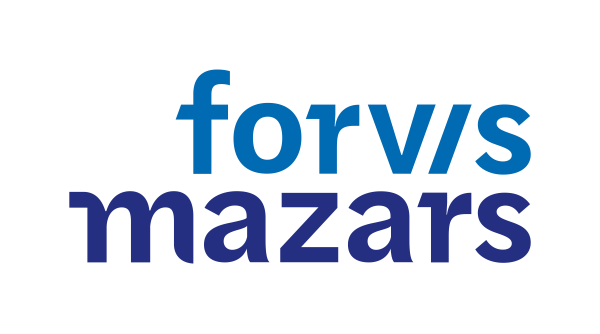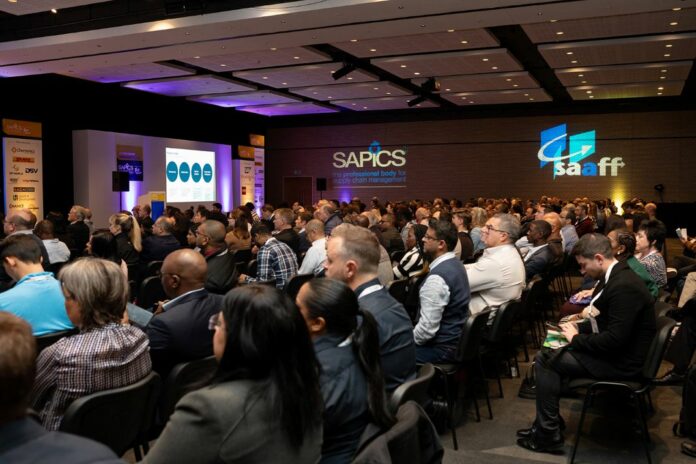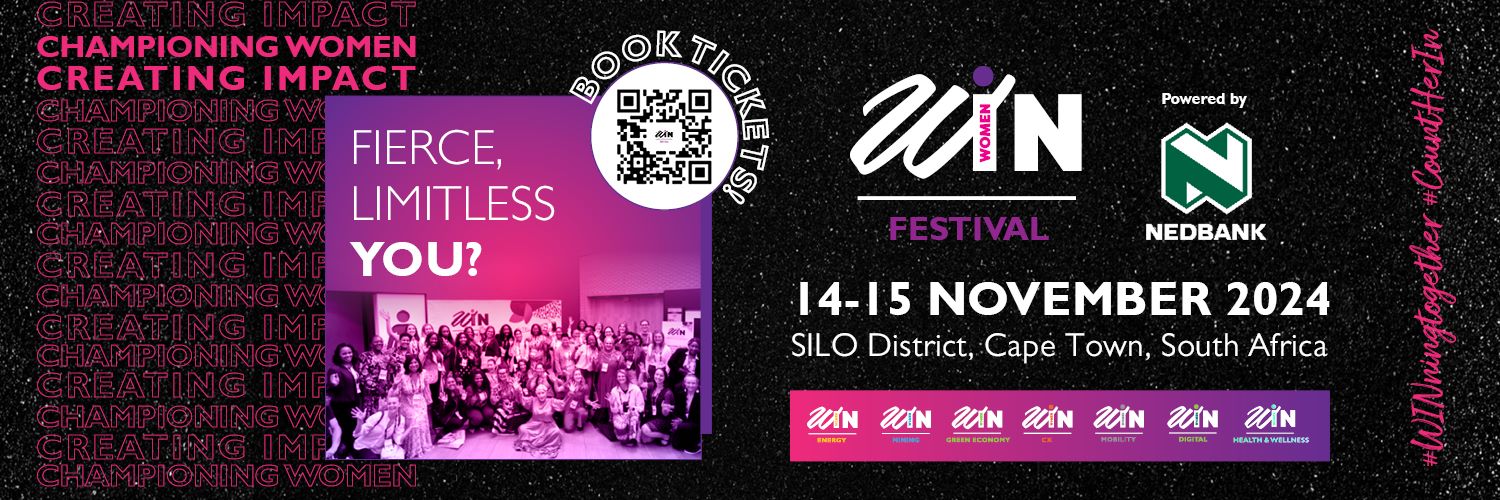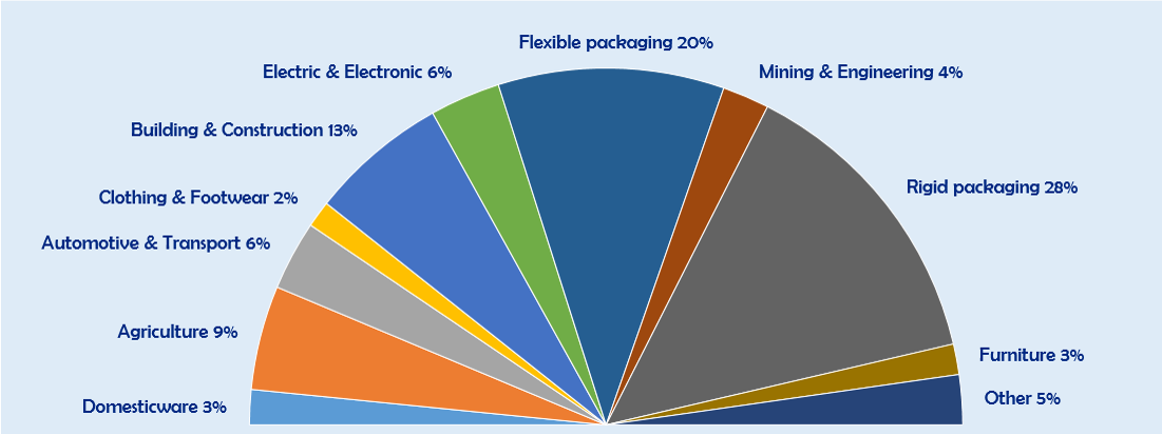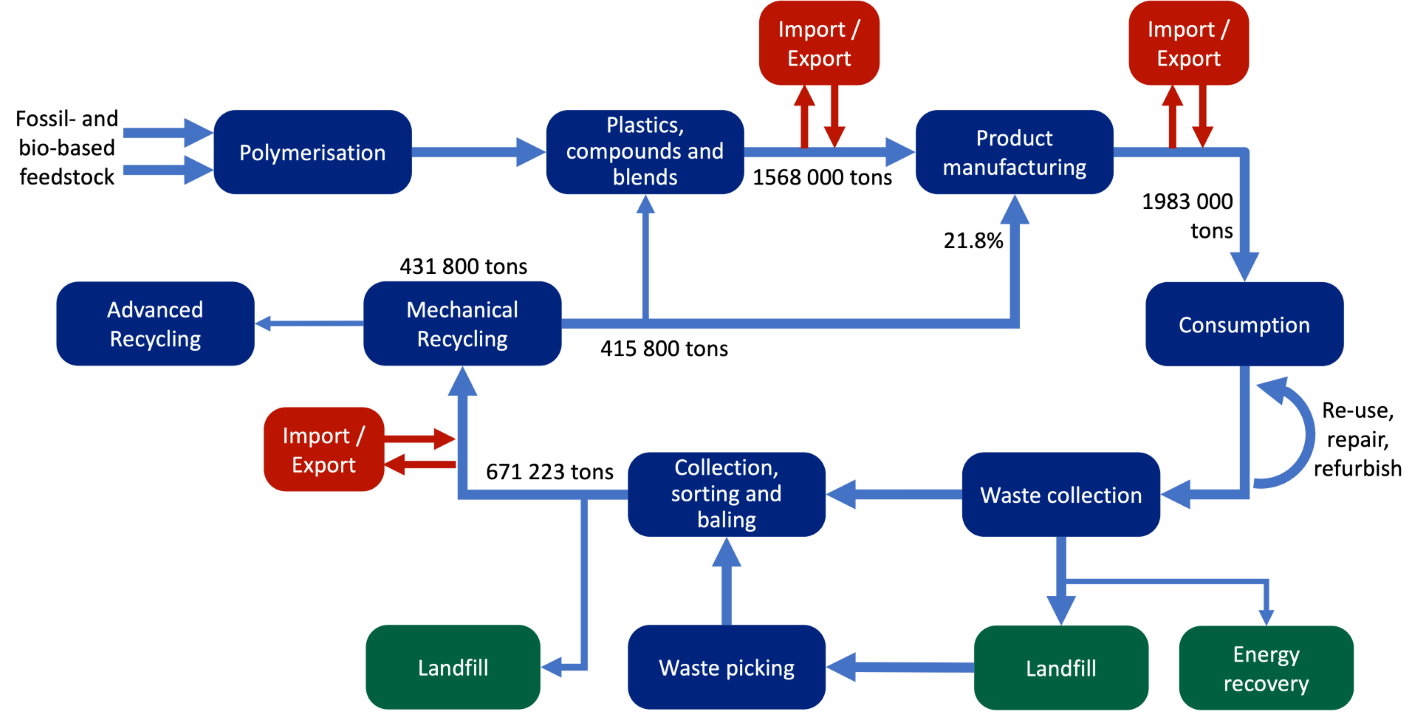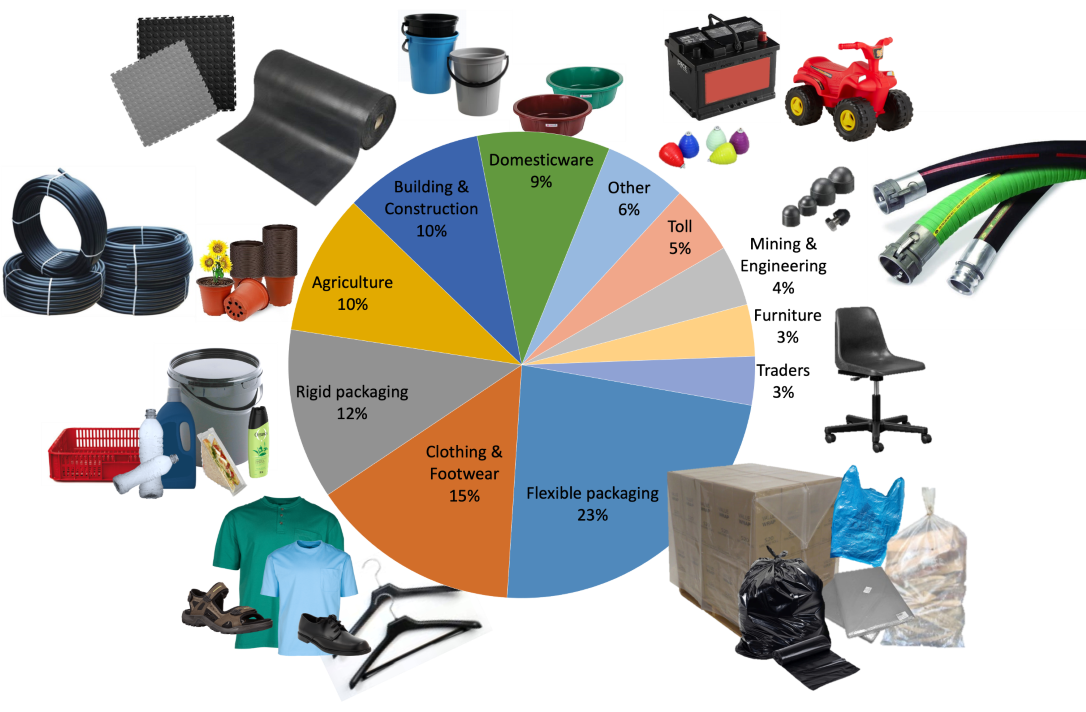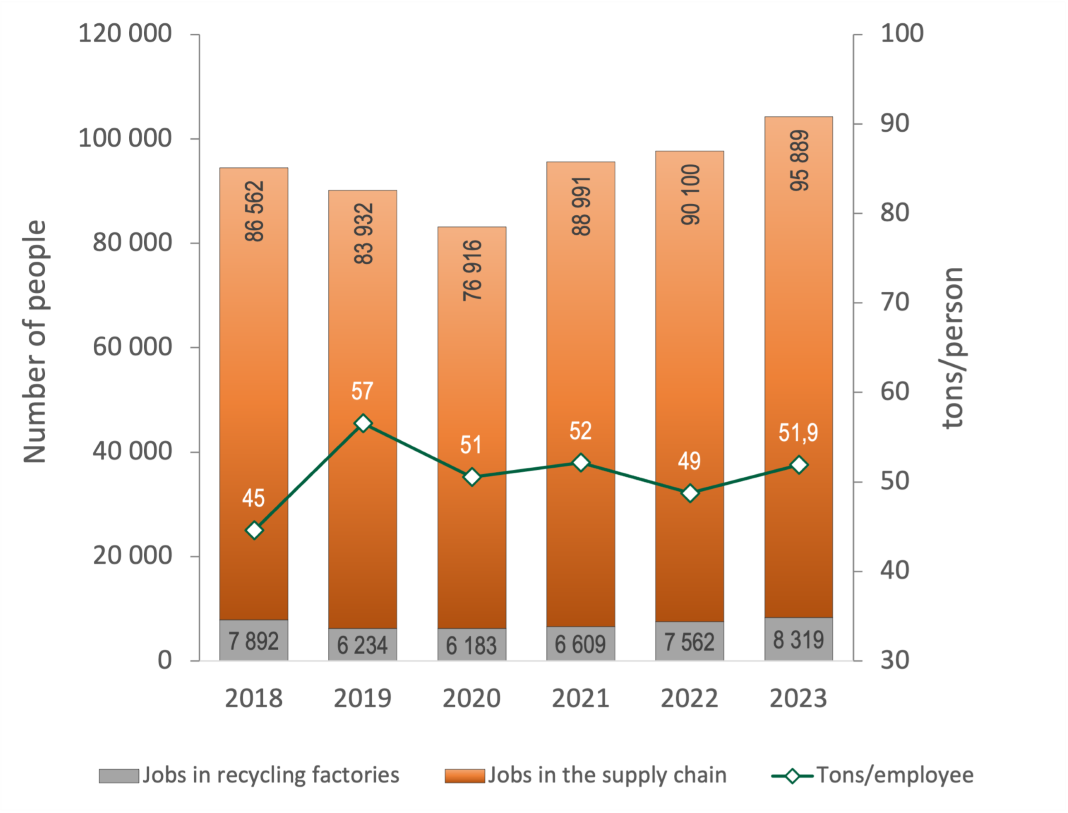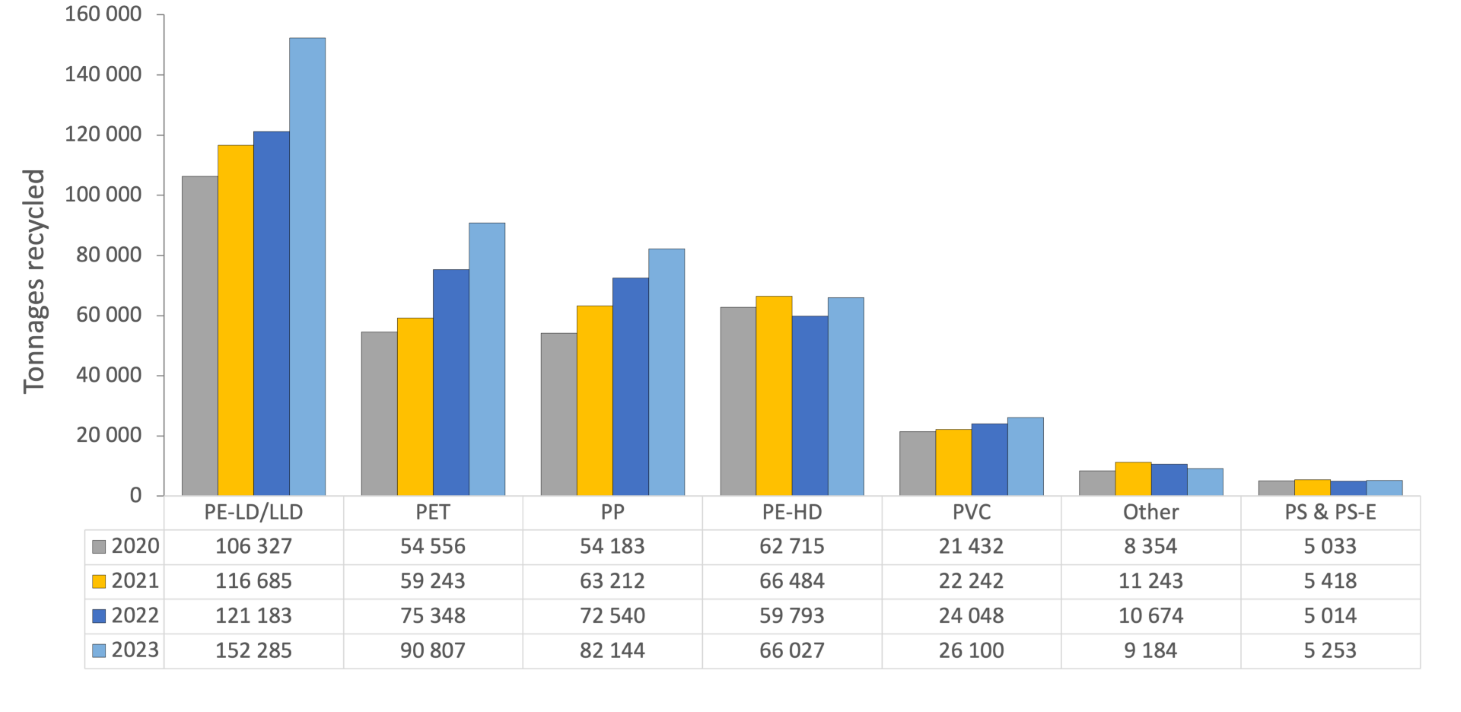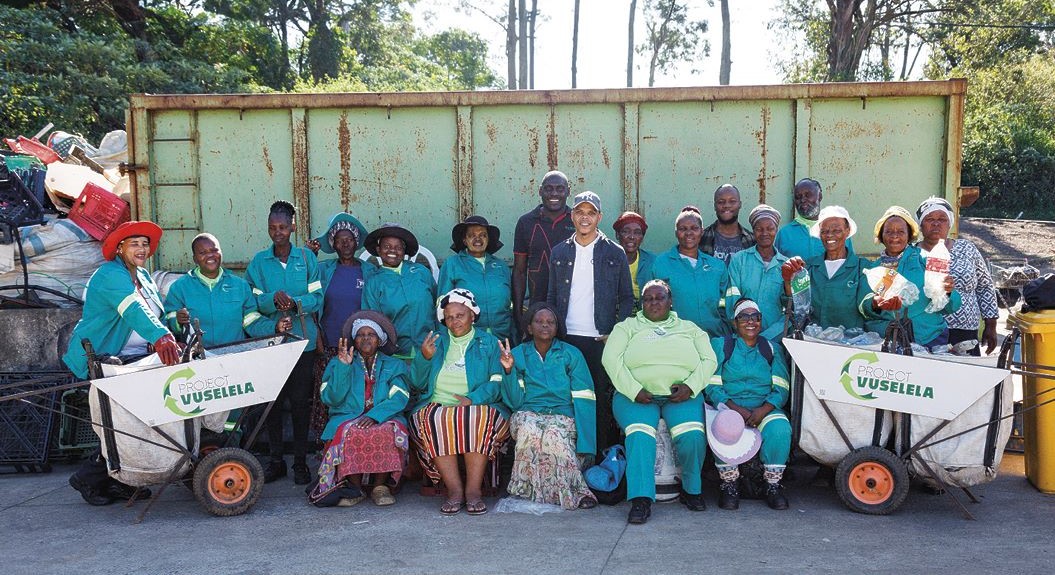On 1 June 2024, two distinguished professional services firms, Mazars and FORVIS, officially launched their new global network, Forvis Mazars. This collaboration marks the creation of the largest new entrant in the global rankings in decades, bringing a combined revenue of $5-billion and establishing Forvis Mazars as a top 10 global network. This new venture introduces unprecedented agility, capacity and global coverage, making Forvis Mazars a unique player in the market.
A new era of professional services
Forvis Mazars represents a significant shift in the professional services industry, offering clients an innovative alternative in the global market. The combined strengths of Mazars, an international partnership with a presence in over 100 countries, and FORVIS, a top-ranked US firm, create a powerful network capable of supporting clients worldwide. This partnership is more than a business move; it is a strategic alignment designed to deliver unparalleled client experiences and uphold the public interest.
Leadership for a global network
The governance of Forvis Mazars is structured to ensure seamless collaboration and client service across all regions. The Global Network Board, led by Hervé Hélias as Chair, brings together experienced leaders from both firms. Hélias, who continues as Chairman of the Group Executive Board of Forvis Mazars Group SC, is joined by Matt Snow, Vice Chair of the Global Network Board and Chairman of Forvis Mazars LLP. The board includes notable leaders such as Tom Watson, CEO of Forvis Mazars LLP, and key executives from both the US and international branches.
A vision for excellence
Hervé Hélias describes the formation of Forvis Mazars as a momentous and exciting development for clients, the profession and the firm’s people: “Mazars and Forvis have a long history of collaboration, sharing a commitment to delivering outstanding client experiences. As a unified global brand, we are positioned to offer consistent, high-quality services worldwide while remaining agile to meet specific client needs. I am extremely proud to lead this network, which will continue to empower our people and raise the bar for client service standards.”
Tom Watson emphasises the network’s client-centric approach: “Forvis Mazars is built on listening to our clients and anticipating their challenges. This network will unlock new opportunities for both clients and our people, ensuring long-term success. We are committed to making decisions that prioritise their interests.”
Comprehensive services for a global market
Forvis Mazars offers a wide range of professional services, including audit and assurance, tax and advisory services. Operating under a single brand, the network’s two member firms – Forvis Mazars LLP in the US and Forvis Mazars Group SC internationally – deliver these services with a shared commitment to quality and client satisfaction.
This unified approach allows Forvis Mazars to provide tailored solutions that address the evolving needs of clients in various industries and markets.
Empowering people and communities
The strategic vision of Forvis Mazars extends beyond business success to include the advancement of its people, industry and communities. By fostering a culture of continuous learning and innovation, Forvis Mazars aims to drive progress and create a positive impact globally.
 As a new member of the South African Chamber of Commerce and Industry (SACCI), Forvis Mazars is poised to contribute significantly to the professional services landscape in South Africa and beyond. The firm’s commitment to delivering exceptional client experiences, combined with its global reach and local expertise, positions Forvis Mazars as a leader in the industry.
As a new member of the South African Chamber of Commerce and Industry (SACCI), Forvis Mazars is poised to contribute significantly to the professional services landscape in South Africa and beyond. The firm’s commitment to delivering exceptional client experiences, combined with its global reach and local expertise, positions Forvis Mazars as a leader in the industry.
In South Africa the Country Managing Partner is Anoop Ninan and the Partner in charge of the relationship with AMCHAM is Sebastien de Place. Both of these leaders, together with all of the Forvis Mazars team, are happy to have joined and be part of the South African Chamber of Commerce and Industry and are looking forward to connecting with other members of SACCI.



